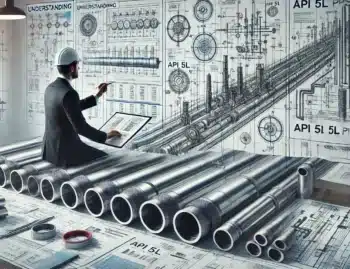There’s been a global oversupply of steel, and that, coupled with high costs to make and many more steel exports, means that the trading conditions for steel in the U.K. and Europe have gone downhill. But no one knows, at this point, exactly what is going to happen, for Tata Steel has said that they will look into restructuring their portfolios, making it possible that there will be a divestment of the U.K. branch of Tata Steel Ltd.
Many are saying that the outlook for U.K.’s steel industry is increasingly dark. Tata has already said that there will be no turnaround, because it is not in their budget, and it would mean they would lose too much money on the U.K. steel sector. This means a shutdown may be looming, and they may want the government to get involved, even if they have to force it.
If there is a risk that thousands of jobs will be lost, then David Cameron may take action. There’s a possibility that the government could take over the steel industry until a buyer is found, but there are other options, too.
Apparently, there are so many cheap steel imports in Europe, primarily from China, that profits in Europe are going down, as China produces about half of the world’s steel and brings a competitive edge to the steel industry. When China’s steel exports were high last year, Tata had to close plants and cut jobs in the U.K.
In the past decade or so, Tata poured capital into the U.K. steel business, hoping that they would eventually see some returns on the money invested in the steel business. However, the value of the business, at this point, is about zero (after impairments).
Now, Tata is considering selling the business to Greybull Capital LLP. They are also talking with the U.K. government about what will eventually happen to the steel business. They could pare down their debt by selling factories that are low-producing to other companies or consolidators.
All that Tata can really do at this point is evaluate the options for sale, and make the best possible decision based on all the information that they have. Tata has suffered impairments in the U.K. steel business of about 2 billion pounds in the most recent five years. Because rising imports continue to make steel in the U.K. over-produced, Tata continues to lose money, and a decision must be made. Tata does not really have a way to compete in the global steel industry anymore, now that China has moved onto the scene.
The future of the U.K. steel industry is bleak, but only in the coming weeks will we be able to see whether the state will intervene, or if a buyer will be found who can save jobs.











